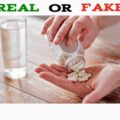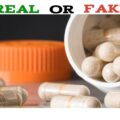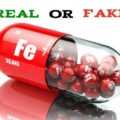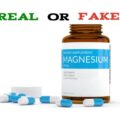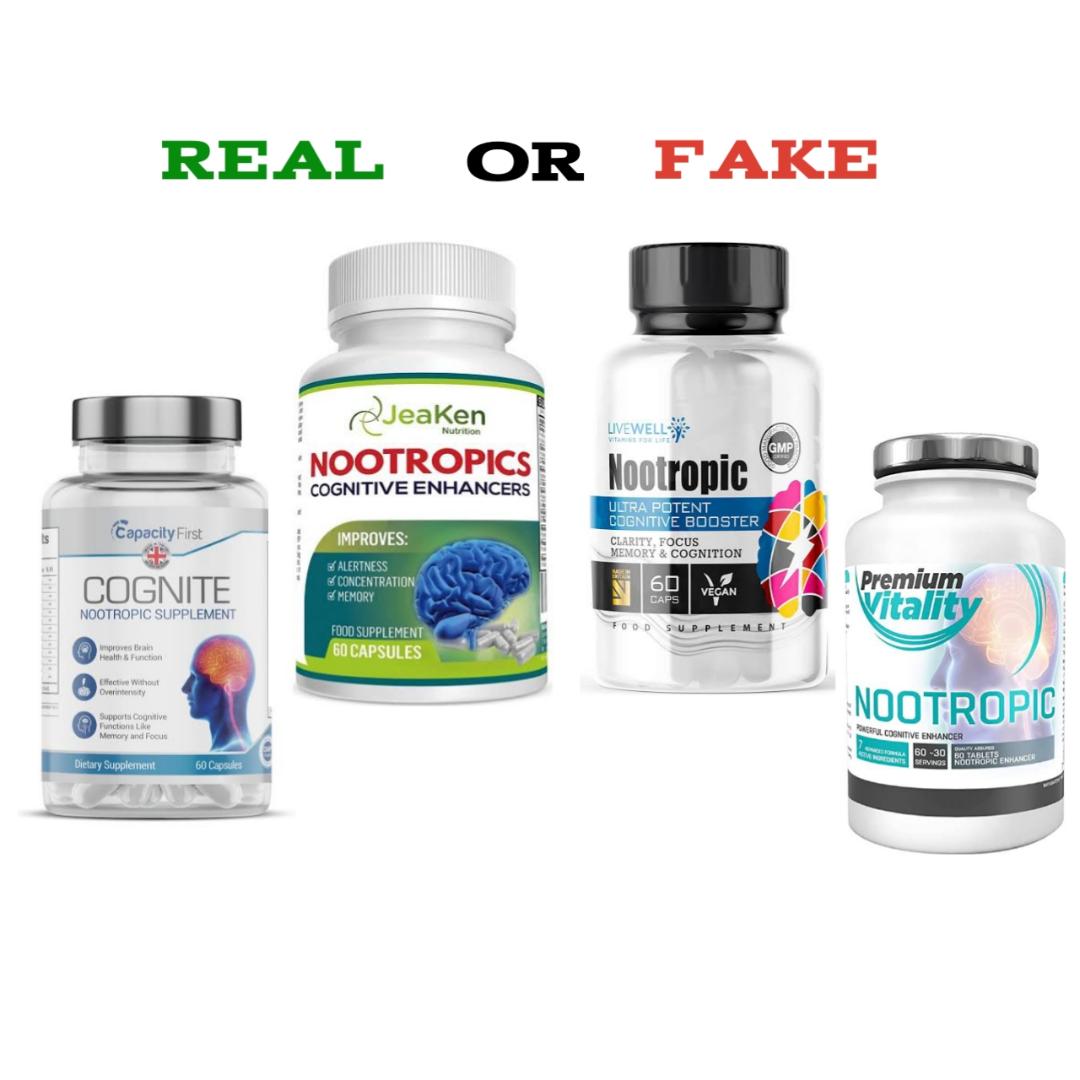
Some of the most popular supplements are a mixture of food-derived vitamins, lipids, phytochemicals and antioxidants that studies have linked to healthy brain function. While many substances are purported to improve cognition, research is at a preliminary stage as of 2021, and the effects of the majority of these agents are not fully determined.
The use of cognition-enhancing drugs by healthy individuals in the absence of a medical indication spans numerous controversial issues, including the ethics and fairness of their use, concerns over adverse effects, and the diversion of prescription drugs for non-medical uses. Nonetheless, the international sales of cognition-enhancing supplements have continued to grow over time, exceeding US$1 billion in 2015.
Unfortunately, as with any popular product, fakes are inevitable in the supply chain. One 2013 study that randomly selected 44 popular supplements found only 48 percent of the supplements contained what was on the labels. Additionally, one-third of these same supplements contained fillers or contaminants not listed on the label, some of which “pose serious health risks to consumers.” Shockingly, this study found only two of the twelve companies had products that were exactly as they claimed on the bottle.
How to Spot Fake Nootropic Supplements
Fake pharmaceuticals are a big problem, but we’re not talking about that today. Pharmaceuticals in the U.S. are required to go through Food and Drug Administration (FDA) testing before they can be brought to market. Recently some nootropic supplements in the United States were identified as having misleading ingredients and illegal marketing. Last year the US Food and Drug Administration (FDA) and Federal Trade Commission (FTC) warned manufacturers and consumers about possible advertising fraud and marketing scams concerning nootropic supplements.
In order to avoid the unwanted side effects of fake nootropic supplements, ensure that you;
- Buy Nootropic supplements Directly from Reputable Manufacturers
Once you’ve found a reliable manufacturer of a particular nootropic supplement you want to buy, you can go right to the manufacturer’s website and purchase directly from them. This is the number one method you can implement to ensure your supplements are not only real, but high quality. Sure, it may be a bit more expensive because you might not get the free shipping that comes from your Amazon Prime account. However, you’ll have the guarantee of product coming straight from the manufacturer without passing through any unnecessary and potentially dangerous third parties.
Keep in mind, it’s often possible to buy nootropics directly from a manufacturer using Amazon. Many manufacturers recognize how convenient it can be for the consumer to use this e-commerce platform and set up an account to sell from their site.
- Buy Directly from Reputable Sources
This strategy differs slightly from manufacturers in that there are many doctors, nurses, and wellness leaders who sell their own private label products. These are often blends of vitamins, minerals, nutrients or herbs that have been developed from their personal clinical experience and research. There are actually many successful “nootropic blends” that were developed by health professionals to support their own patients in their practices. Many of these supplements are unique or personalized health solutions and shouldn’t be overlooked just because they aren’t from the manufacturer themselves.
In the case of supplements sold by reputable sources, be sure to use a similar mentality as you do when you buy from reputable manufacturers. Once you identify the product and source as high quality (from your excellent sleuthing), you should then only buy this directly from the source. Avoid third-party sellers, especially if they are selling the product at a fraction of the price.
- Check the FDA Tainted Product List
You can check the FDA’s tainted products list. This is a running list of potentially hazardous products but is by no means complete.
- Check for Red Flags
Major red flags include:
- If the nootropic product seems fake or too good to be true
- Nootropic supplements that are very cheap
- If the seller has no contact information
- Reviews that seem overly curated
- Check for Signs of Credibility
Signs of credibility include:
- Trusted certifications
- Third party lab testing
- Choose trusted nootropic brands that have been around for many years
Ultimately, just like anything else you buy, you run some risk of it not being exactly what you paid for—especially when you get it online. You can check for red flags and signs of credibility but keep in mind many of these can be forged, and so it’s better to stick with a manufacturer and source you trust.
Important Information
Nootropics are frequently advertised with unsupported claims despite not being proven to be effective for improving cognition. The FDA and FTC warned manufacturers and consumers in 2019 about possible advertising fraud and marketing scams concerning nootropic supplement products. The FDA and FTC stated that some nootropic products had not been approved as a drug effective for any medical purpose, were not proven to be safe, and were illegally marketed in the United States under violation of the Federal Food, Drug, and Cosmetic Act. READ: How to Spot Fake SARMs

